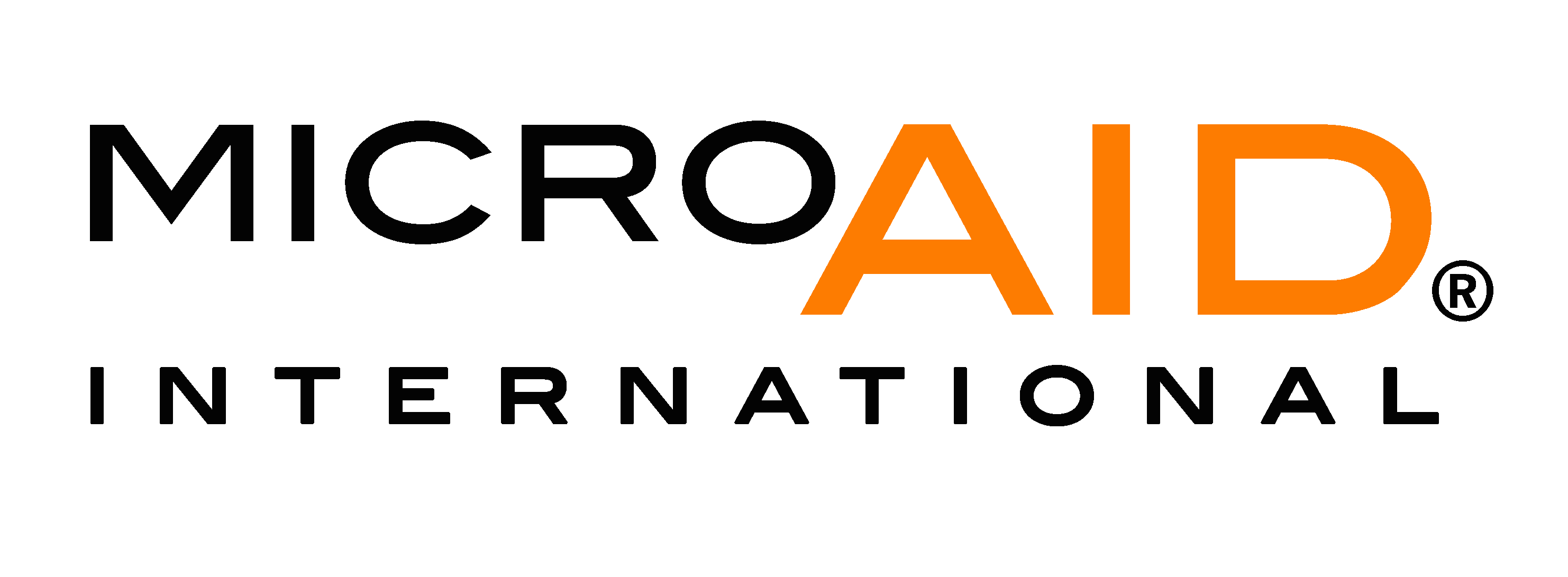Will We Remember Harvey a Year From Now?

While we’re glued to the news reports in the aftermath of Hurricane Harvey, our support, resources, and prayers are currently focused on the disaster survivors in Texas. As the head of a global long-term disaster recovery organization, MicroAid International, I see first-hand how quickly attentions turn when survivors are no longer in the news. With our “breaking news” cycle, another disaster or important events will soon eclipse this one, and our attention will get diverted to other matters.
This is especially true in the far-flung places MicroAid operates—where there are no social safety nets, no insurance, no independent emergency-response organizations, and no real government assistance. When people in earthquake-devastated Nepal, for example, lose their home, they have no recourse—and very few people halfway around the world remember that they still need help even a few weeks after the disaster. Two years after the 2015 earthquakes, the United Nations estimates that fewer than one-fifth of the destroyed homes have been rebuilt.
Here in the U.S., and specifically in Texas at the moment, all our attention and resources are focused on helping those in need—we know where they are and the cavalry is coming. Not only did the President and First Lady make a visit with several cabinet members, but volunteers with boats from as far as Louisiana are joining the rescue efforts. FEMA has been mobilized, HUD is active in the disaster response, and there is a formal federal flood victim assistance fund. In the nonprofit sector, the Red Cross, the Salvation Army, Samaritan’s Purse, and dozens of food banks are on the scene providing food and shelter to those who need it; and even the SPCA is caring for disaster-survivor animals. Celebrities are donating, and asking others to join them.
This kind of overwhelming mobilization of resources may only happen here in the U.S.—but it can be short-lived. No matter where in the world disaster strikes, there will be people who remain in need after the spotlight has shifted. It’s hard to believe that, but it happens every time. Consider this: there are still flood survivors in New Orleans who are struggling to recover from Hurricane Katrina! While New Orleans’s economy grew in the decade after the hurricane, vulnerable communities were left behind and continue to struggle. For example, while African Americans make up the majority of the population, they are more likely to be living in poverty a decade after Katrina.
So, as someone who stays focused on survivors of disasters after the world’s attention has moved on, I hope that we can extend our attention for the people of Texas (as well as the survivors of previous disaster in this country and others) who will continue to need our help in the months, years and decades to come. In this day and age of apps and smartphones, maybe we should set an alarm for a once-a-month check-in on the flood survivors in Texas... and around the world.




















